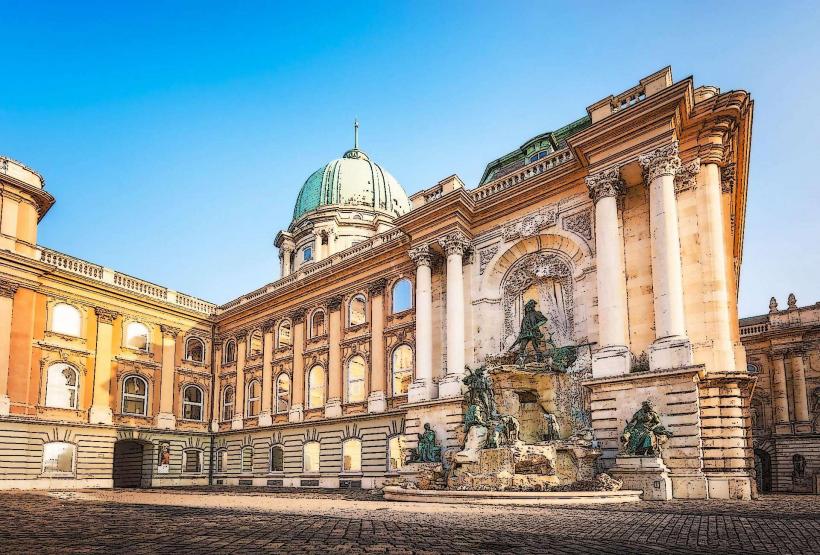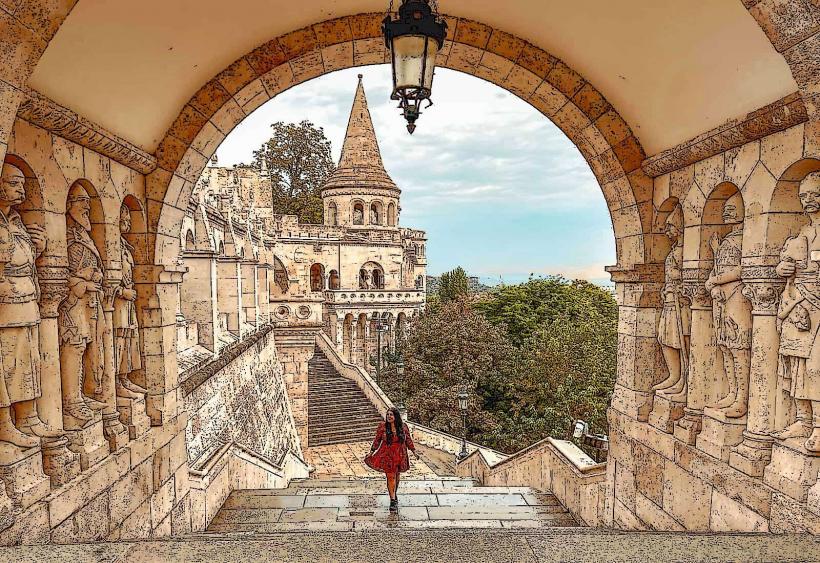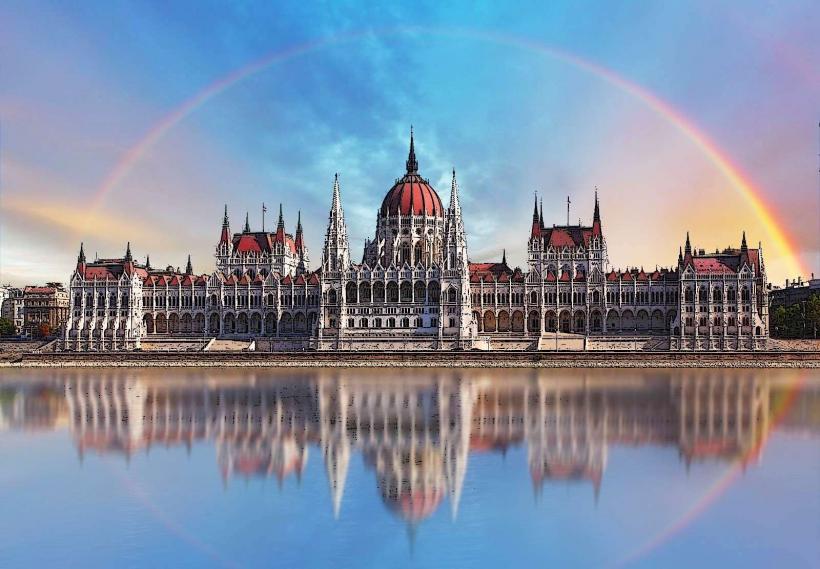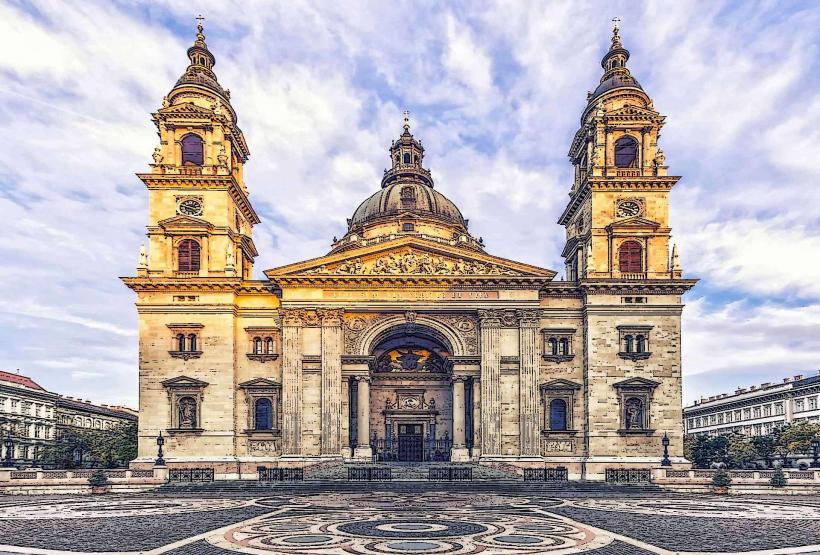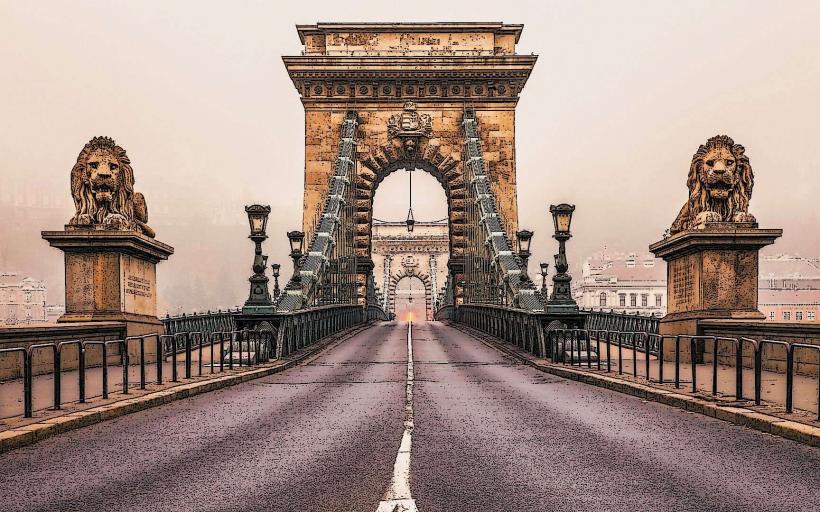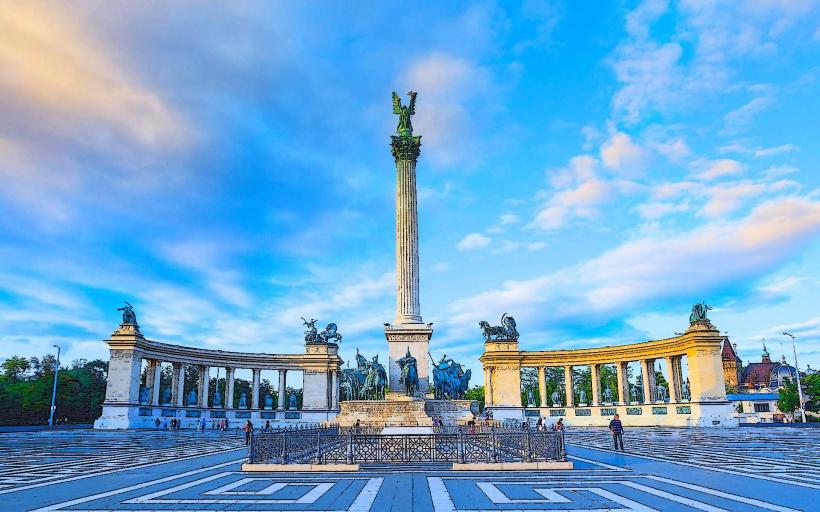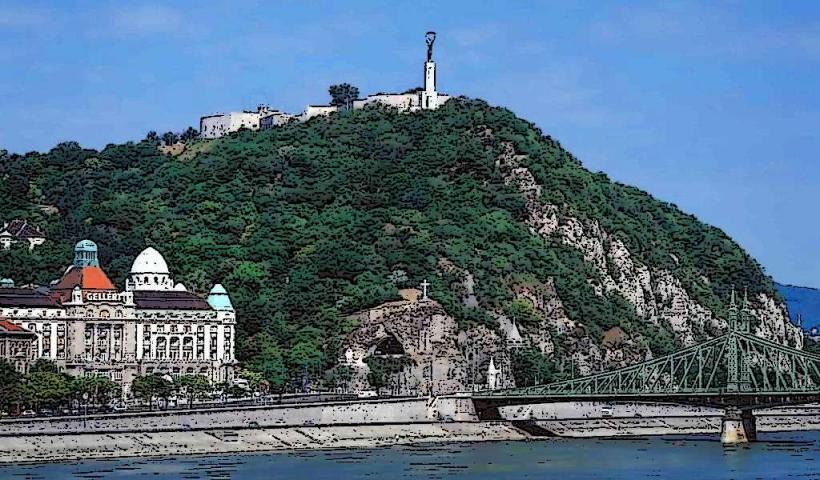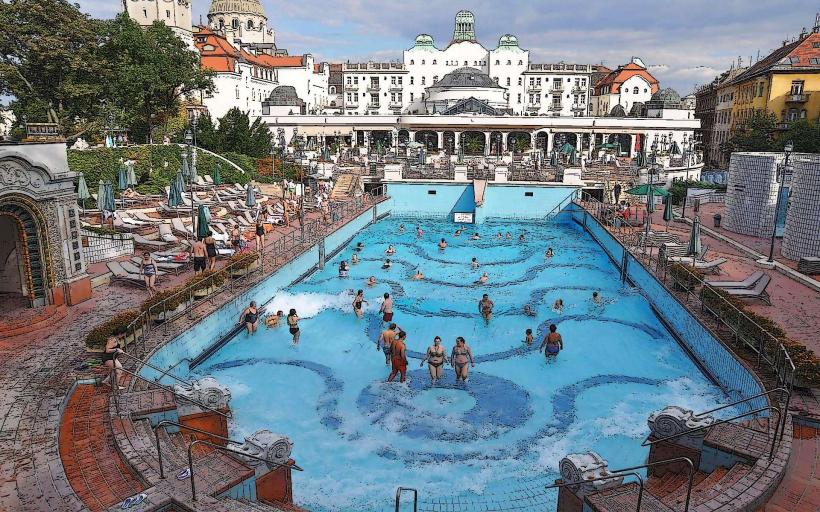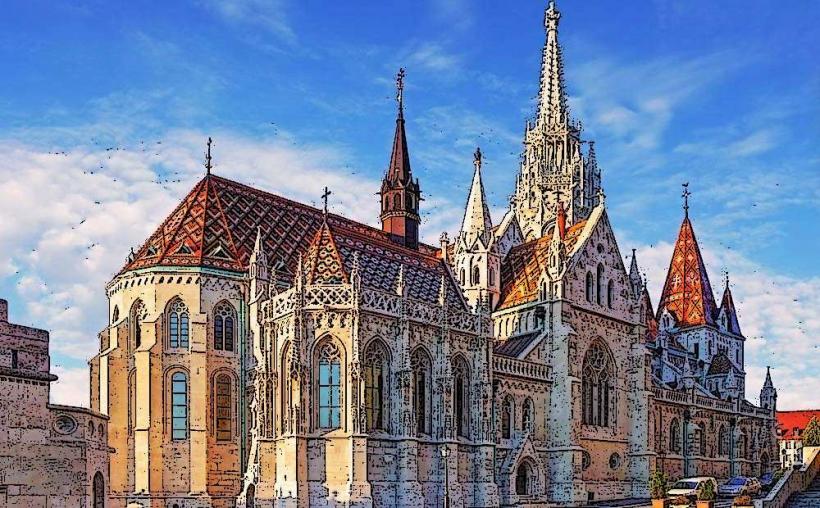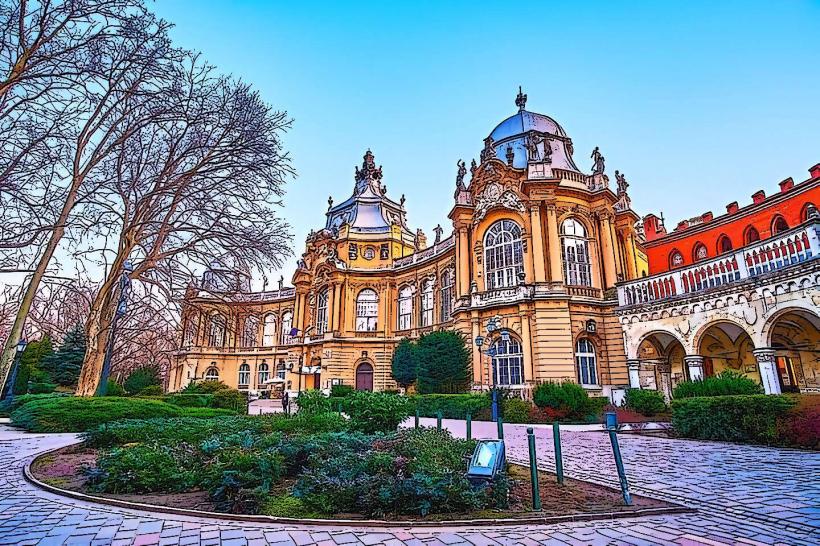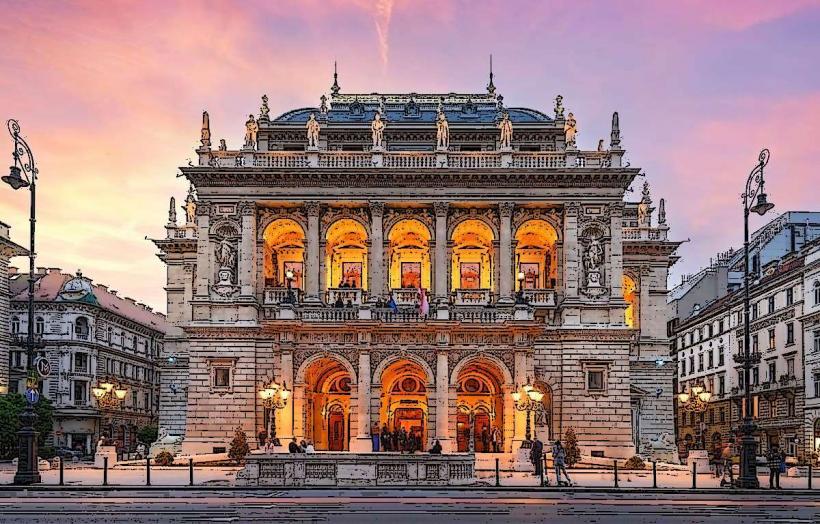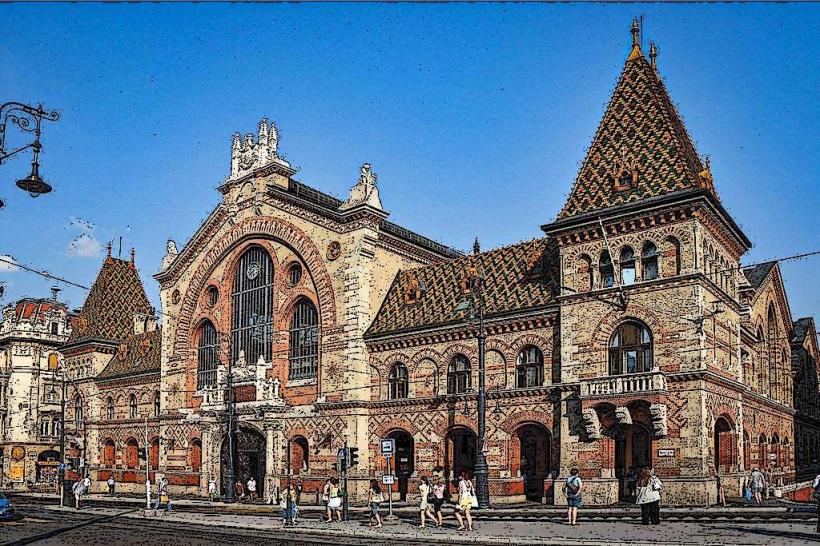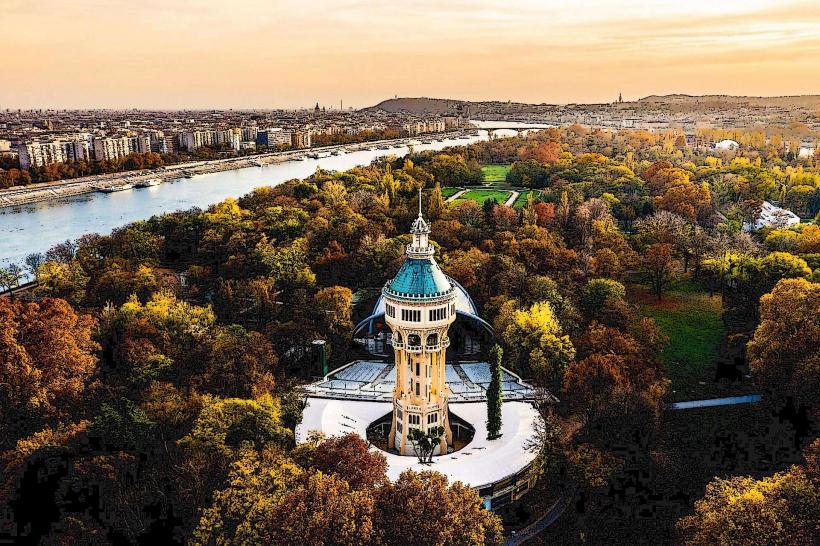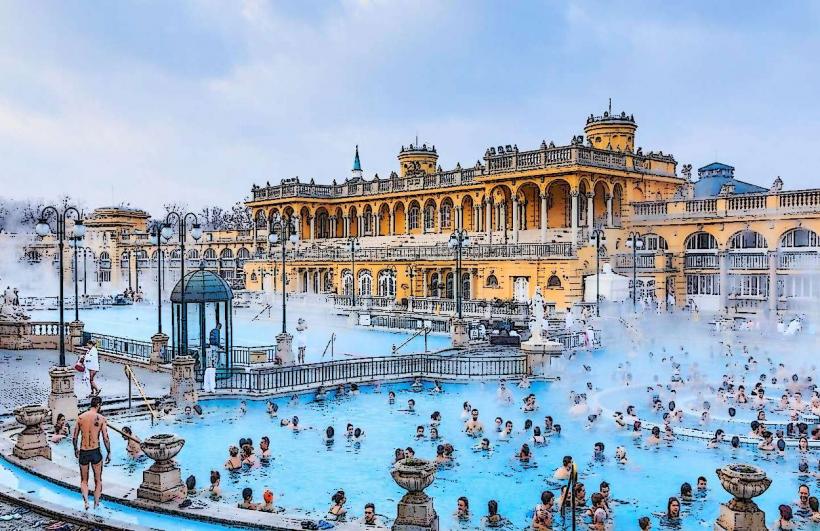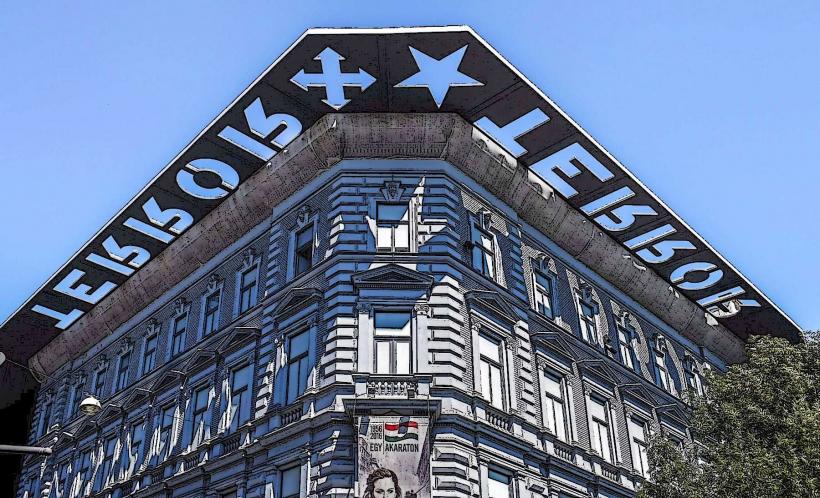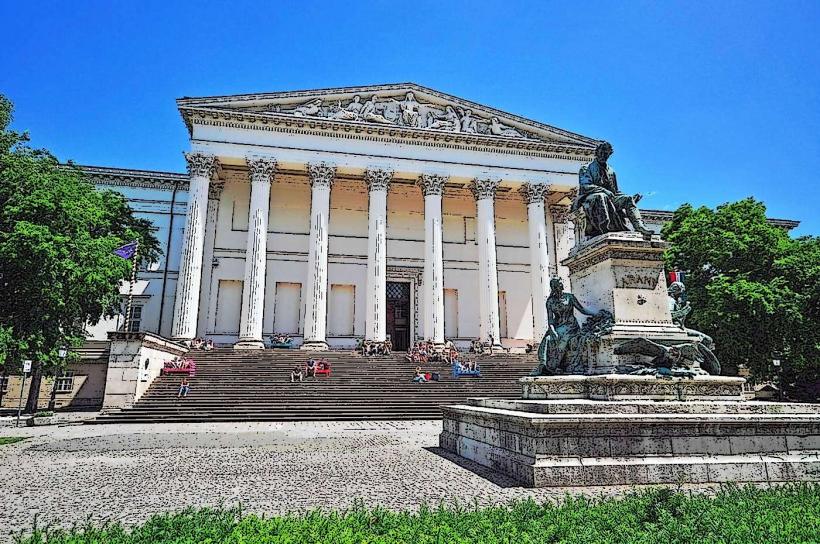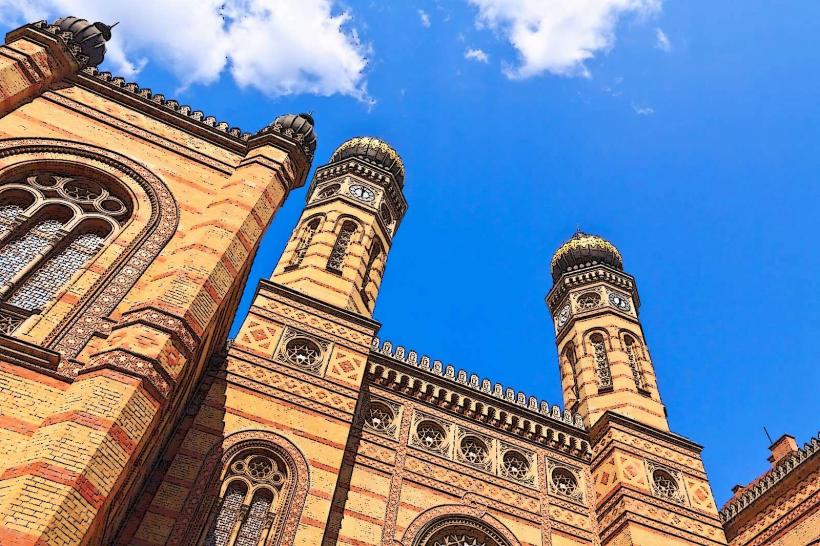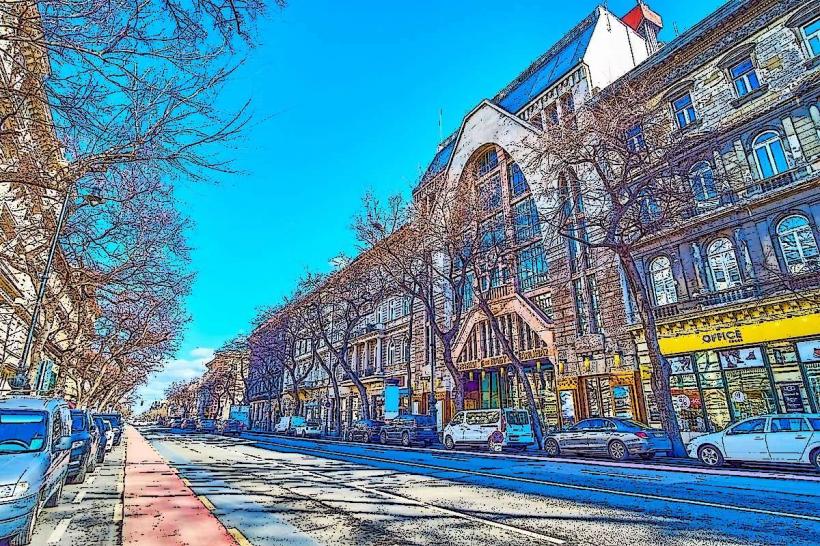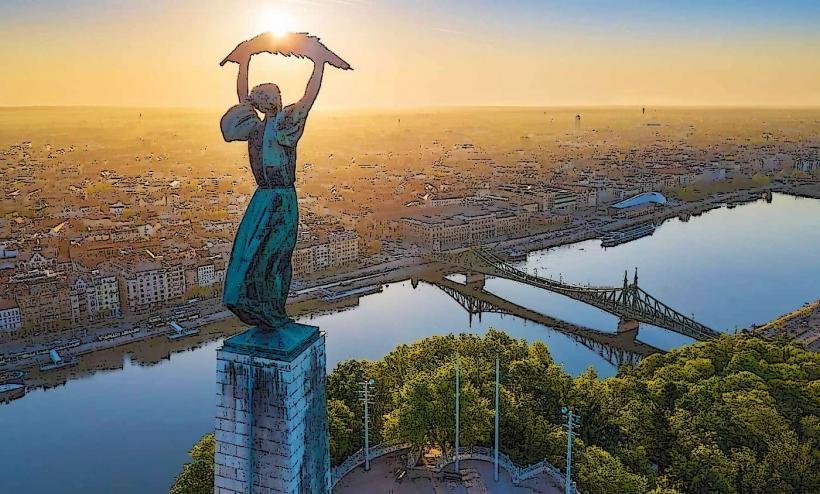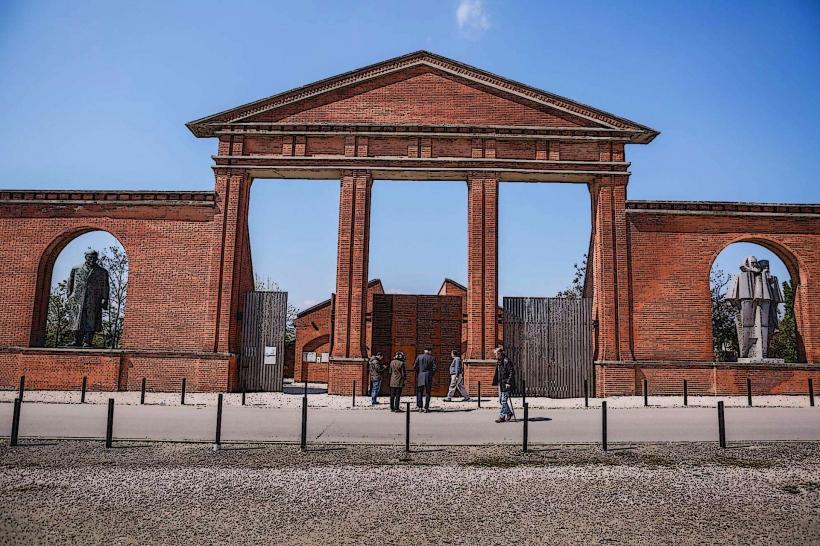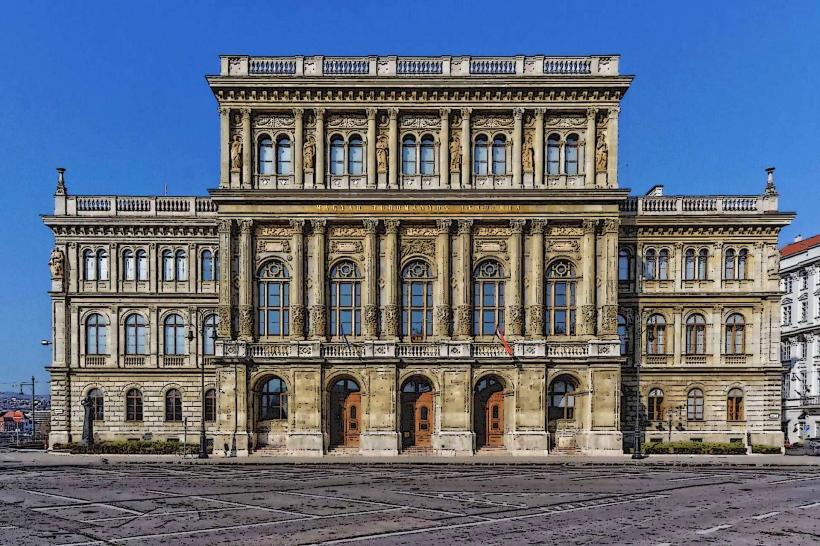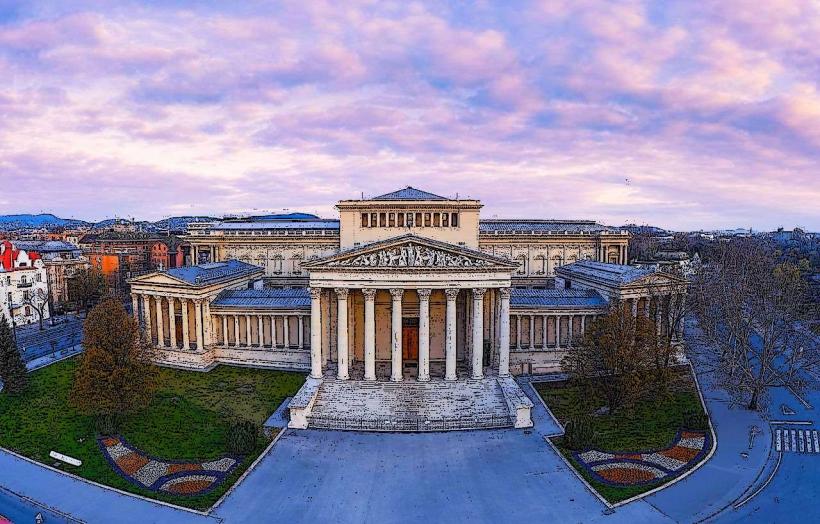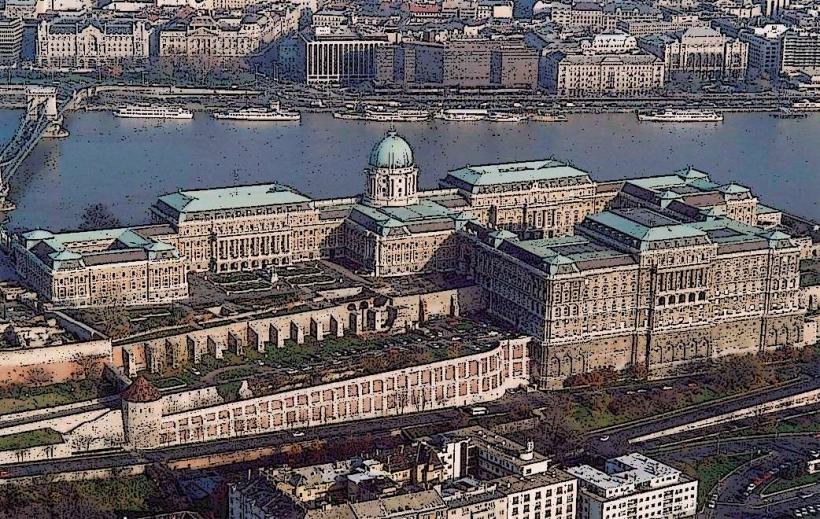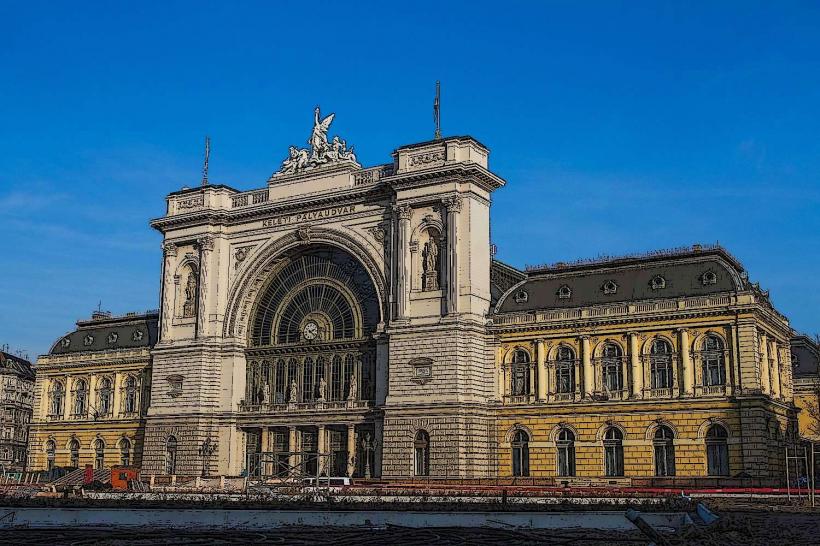Information
City: BudapestCountry: Hungary
Continent: Europe
Budapest, the capital of Hungary, is a city of immense cultural, historical, and architectural significance. Straddling the banks of the Danube River, Budapest is a stunning blend of old-world charm and modern sophistication, making it one of Europe’s most captivating cities. Here's an in-depth look at the city:
History
Budapest was formed by the unification of three separate cities: Buda, Pest, and Óbuda, in 1873. The history of these areas dates back centuries. Buda was the medieval royal center, Pest was the commercial hub, and Óbuda was the Roman settlement. Over time, these regions grew together, making Budapest a pivotal cultural and political center in Central Europe.
Budapest has witnessed various historical events, including the Ottoman occupation, the Habsburg Empire’s rule, and the Hungarian Revolution of 1956. The city played a key role during the Austro-Hungarian Empire and later emerged as a significant player in the post-communist era following the fall of the Soviet Union.
Geography
Budapest is divided into two parts by the Danube River: Buda on the west bank and Pest on the east. Buda is more hilly and is home to the city's historic castles and old streets, while Pest is flatter, more modern, and houses much of the commercial and cultural life. The Danube itself is a major geographical feature, providing scenic views and serving as the main waterway through the city.
Culture and Arts
Budapest is a cultural hub in Hungary and Central Europe, offering a vibrant arts scene, including theatre, opera, ballet, music, and visual arts. The city is home to some of Europe’s most renowned orchestras and opera companies. The Hungarian State Opera House is a must-see for lovers of classical music, and the Budapest Operetta Theatre adds to the city’s rich performing arts landscape.
The city is also known for its rich literary heritage. Hungary has produced notable writers such as Imre Kertész, Sándor Márai, and Magda Szabó, who have contributed to the world of literature.
In addition to traditional arts, Budapest hosts numerous festivals throughout the year, including the Budapest International Film Festival and the Sziget Festival, one of Europe’s largest music festivals, attracting international artists and visitors.
Architecture
Budapest is famous for its diverse and beautiful architecture, which combines elements of Romanesque, Gothic, Baroque, Neoclassical, and Art Nouveau styles. The city boasts iconic landmarks like the Parliament Building, Buda Castle, and St. Stephen's Basilica, each displaying a blend of these architectural influences.
One of Budapest’s key features is its thermal baths system, a legacy from Roman times and later perfected by the Ottomans. The Széchenyi and Gellért Baths are examples of historic bathhouses offering a glimpse into the city’s traditions of relaxation and wellness.
Parks and Green Spaces
Budapest is not just about grand architecture and historical buildings—it also offers abundant green spaces for relaxation and recreation. The City Park (Városliget), located behind Heroes' Square, is home to the Széchenyi Thermal Bath, the Budapest Zoo, and Vajdahunyad Castle. This park is perfect for a leisurely stroll, a boat ride, or a picnic.
Another notable green space is Margaret Island, located in the Danube River. It's a peaceful escape from the hustle and bustle of city life, offering parks, gardens, a small zoo, and outdoor pools. The island is also known for its musical fountain that performs synchronized shows in the evening.
Education
Budapest is a leading educational center in Hungary and Central Europe, with numerous universities and academic institutions. The Eötvös Loránd University is one of the oldest and most prestigious universities in Hungary, and the Central European University (CEU) is internationally recognized for its graduate programs in various fields.
The city also hosts a number of research institutions and libraries, including the Hungarian Academy of Sciences, which plays a crucial role in the advancement of scientific research in the country.
Cuisine
Hungarian cuisine is a key aspect of Budapest's culture, with traditional dishes like goulash, langos, pörkölt, and chimney cake (kürtőskalács) being widely popular. The city’s ruin pubs, located in former abandoned buildings in the Jewish Quarter, offer a unique atmosphere to enjoy local food and drinks.
Budapest is also known for its cafés, many of which have been in operation for over a century, offering a great place to taste Hungarian pastries, coffee, and indulge in Hungarian wine culture. The Central Café and Gerbeaud Café are historic establishments that have long been favorites among locals and visitors alike.
Public Transportation
Budapest boasts an extensive and efficient public transportation network, including trams, buses, and the metro system. The Budapest Metro is one of the oldest underground train systems in the world and a UNESCO World Heritage site. The city's tram network is also iconic, particularly Tram 2, which runs along the Danube, offering passengers stunning views of the city’s landmarks.
Nightlife
Budapest has a vibrant and eclectic nightlife scene that ranges from laid-back cafés and bars to buzzing nightclubs. The ruin bars—bars set up in abandoned buildings in the Jewish Quarter—are particularly famous and offer an alternative nightlife experience. The Szimpla Kert is perhaps the most famous ruin bar, with its quirky décor, lively atmosphere, and diverse crowd.
In addition to ruin bars, the city features a variety of live music venues, cocktail bars, and upscale nightclubs that cater to all tastes. Gozsdu Courtyard is a popular area filled with bars, restaurants, and entertainment, while the Danube River Cruise offers a romantic and unique way to see the city by night.
Tourism and Visitors
As a major tourist destination, Budapest attracts millions of visitors each year. The city is known for its affordability compared to other major European cities, making it a popular choice for travelers. Budapest offers a wide variety of accommodations, ranging from luxury hotels to budget hostels, and is renowned for its excellent public services and hospitality.
The Danube River Cruise is one of the most popular ways to explore the city’s landmarks, offering stunning views of the city’s architecture, including the Parliament Building, Buda Castle, and Fisherman’s Bastion.
Economic Role
Budapest is the economic and financial heart of Hungary, housing the Hungarian National Bank and many multinational companies' regional offices. The city's economy has evolved over the years, transitioning from a post-socialist economy to a modern market economy. Key industries include finance, technology, tourism, and trade.
Conclusion
Budapest is a city that bridges the past and the present, offering a rich history, stunning architecture, vibrant culture, and a dynamic lifestyle. Whether it’s soaking in the thermal baths, strolling along the Danube, or immersing oneself in the city's rich historical narrative, Budapest is a destination that caters to all interests, making it one of the most captivating cities in Europe.

